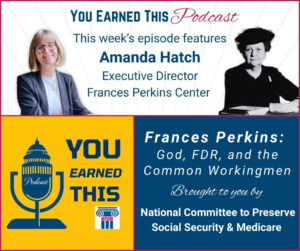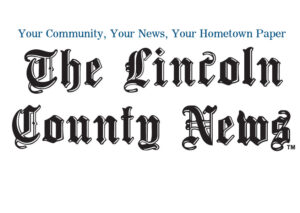Stephen Gottlieb: What Lessons Will We Learn?
I’d like to look beyond this epidemic, beyond the people telecomputing and those taking bicycles to work instead of busses, beyond our fears of going to meetings to see and greet each other and work together, beyond elbow bumps at funerals as I had to recently, and think ahead to a better future.
What will we learn from this epidemic? We’ve faced horrible situations before and managed to improve ourselves based on those experiences. We don’t seem to have retained much of the lessons of 1918 but we’ve bettered ourselves in the face of other disasters.
In the Great Depression of 1929 through the 30s, many of us learned that being out of work is out of control for many of us. As the economy contracts there are fewer jobs, and people are forced to join lines to soup kitchens. We learned a degree of solidarity and learned to put compassion above blame. We learned supporting each other we could make a better world for all of us.
Others saw the mistreatment of workers. The so-called settlement houses of the early 20th century were largely efforts to improve the lives of immigrant workers. I took a college course from Franklin Roosevelt’s Secretary of Labor, Frances Perkins, who witnessed the Triangle Shirtwaist fire, which killed 146 workers, and then dedicated herself in a succession of positions to make work safer. President Franklin Roosevelt brought her to Washington where she became the soul of the New Deal.
Out of those experiences came Social Security, Unemployment Insurance, and labor laws that substituted collective bargaining for lockouts and strikes.
Then just as we began to recover from the Great Depression, we were tossed into the unimaginable horror of World War II – a struggle which took 60 million lives around the globe. Then too we responded with love and compassion to our veterans coming home, without regard to their where they came from or how they prayed. United, we had the political will to pass the GI Bill that put many veterans through schools they could not have afforded before. The progress we saw as a result was not an accident – we soon had the world’s best trained workforce and it showed in the accomplishments of our people. We had invested in the people of America, invested in each other, and together we reaped the harvest of good jobs, good incomes, real education and better health and housing.
Internationally we need to learn that everyone’s welfare matters: China and Iran affect our health here, freedom and democracy are indivisible. Eleanor Roosevelt chaired the effort to draft the UN Declaration of Human Rights. We’ve had nothing to fear from countries that adopted freedom and democracy.
I spent a decade providing legal services to the poor and met a lot of wonderful people in the process. Recently I’ve been working with a different organization that helps the needy and, again, I’ve been impressed by people working as hard as they could to support themselves, their families and their communities. Climbing out of poverty is hard as people don’t have the resources to deal with problems that are almost inevitable – unexpected bills, illness, economic changes.
What lesson will we learn now? Will we learn the lesson that everyone’s health matters, that our ability to work and play depends on everyone else’s health too? Will we remind ourselves that unemployment and poor working conditions are problems we share, not just someone else’s problems?
Steve Gottlieb’s latest book is Unfit for Democracy: The Roberts Court and The Breakdown of American Politics. He is the Jay and Ruth Caplan Distinguished Professor Emeritus at Albany Law School, served on the New York Civil Liberties Union board, on the New York Advisory Committee to the U.S. Civil Rights Commission, and as a US Peace Corps Volunteer in Iran.


